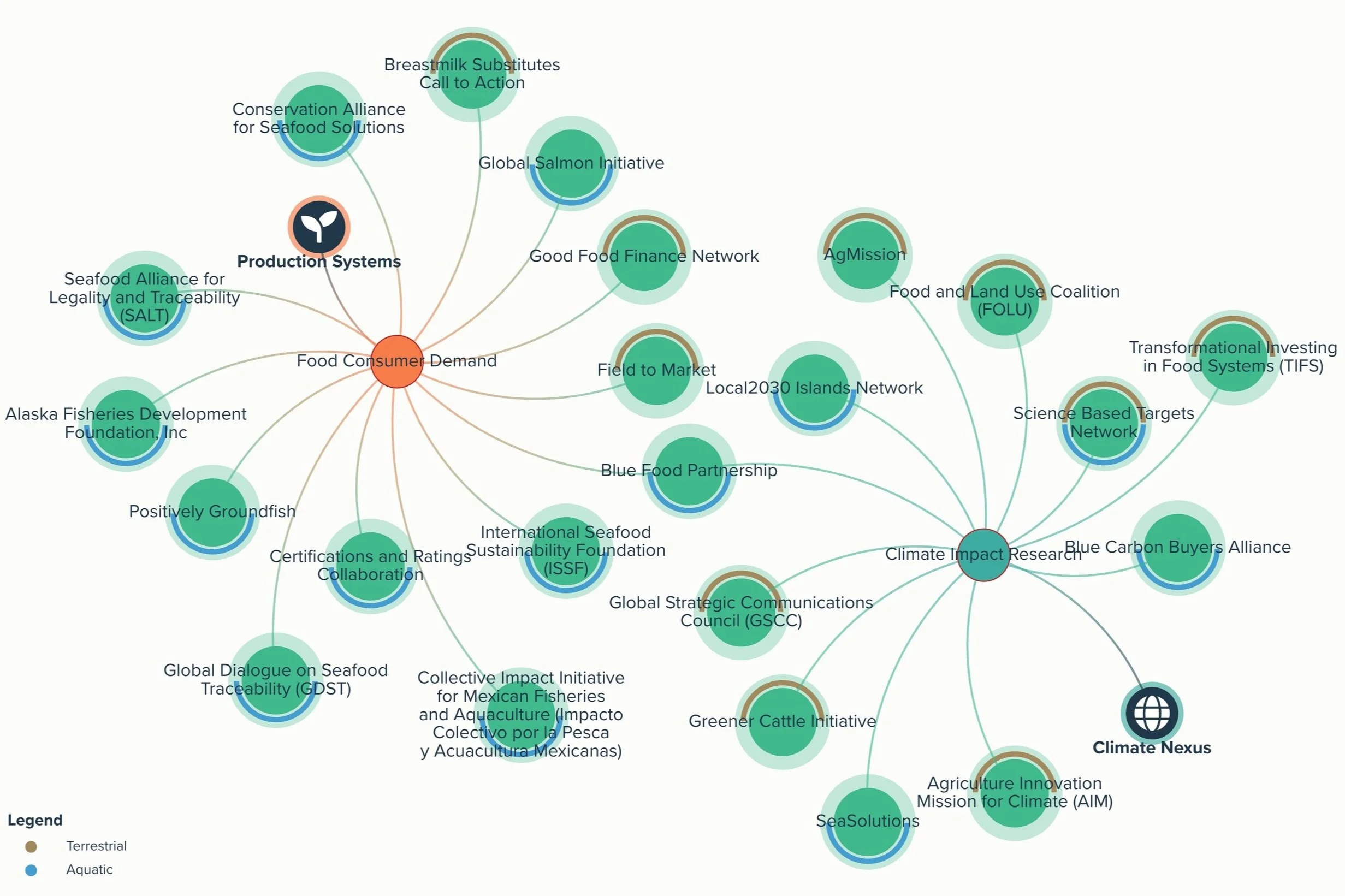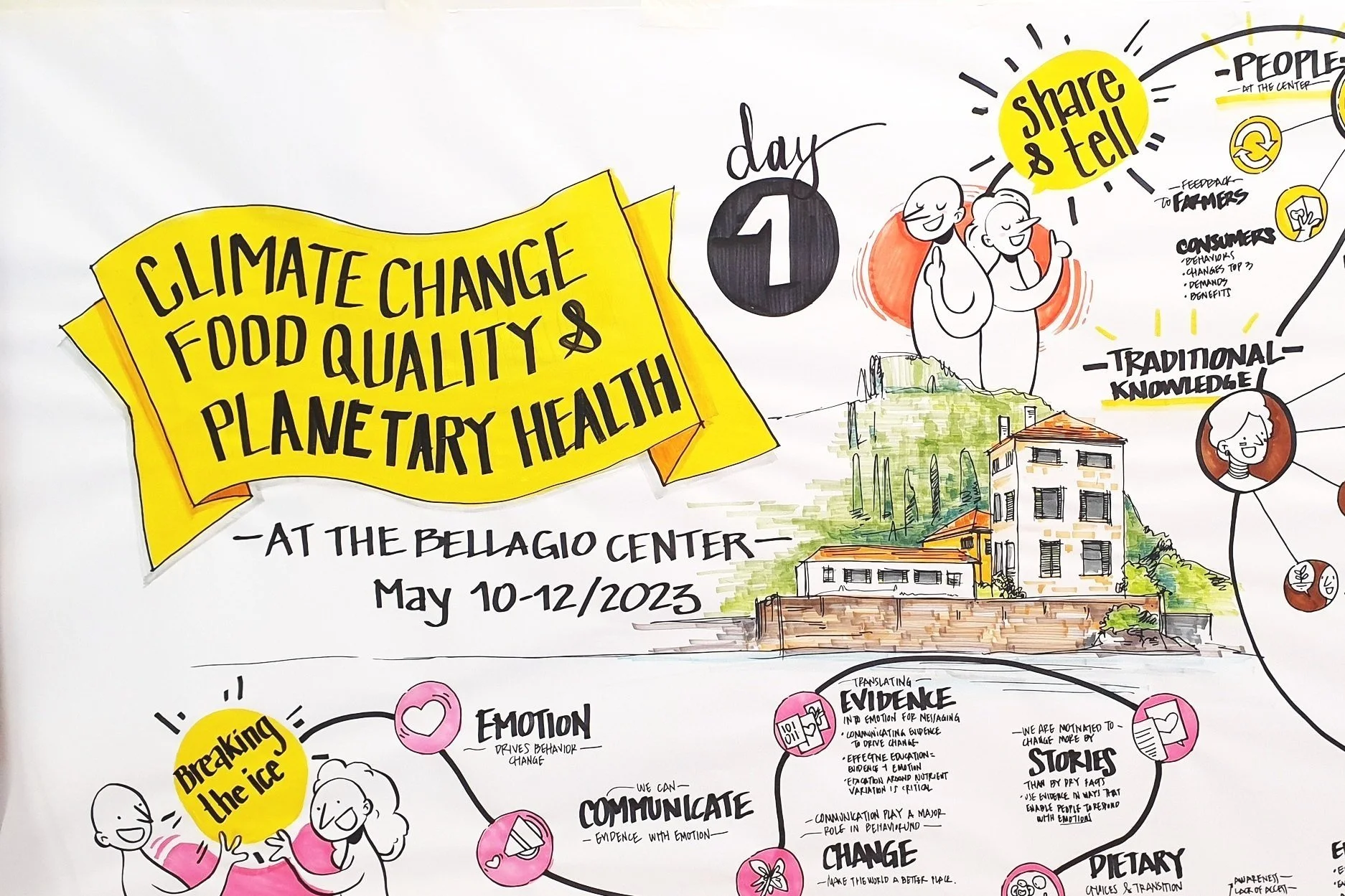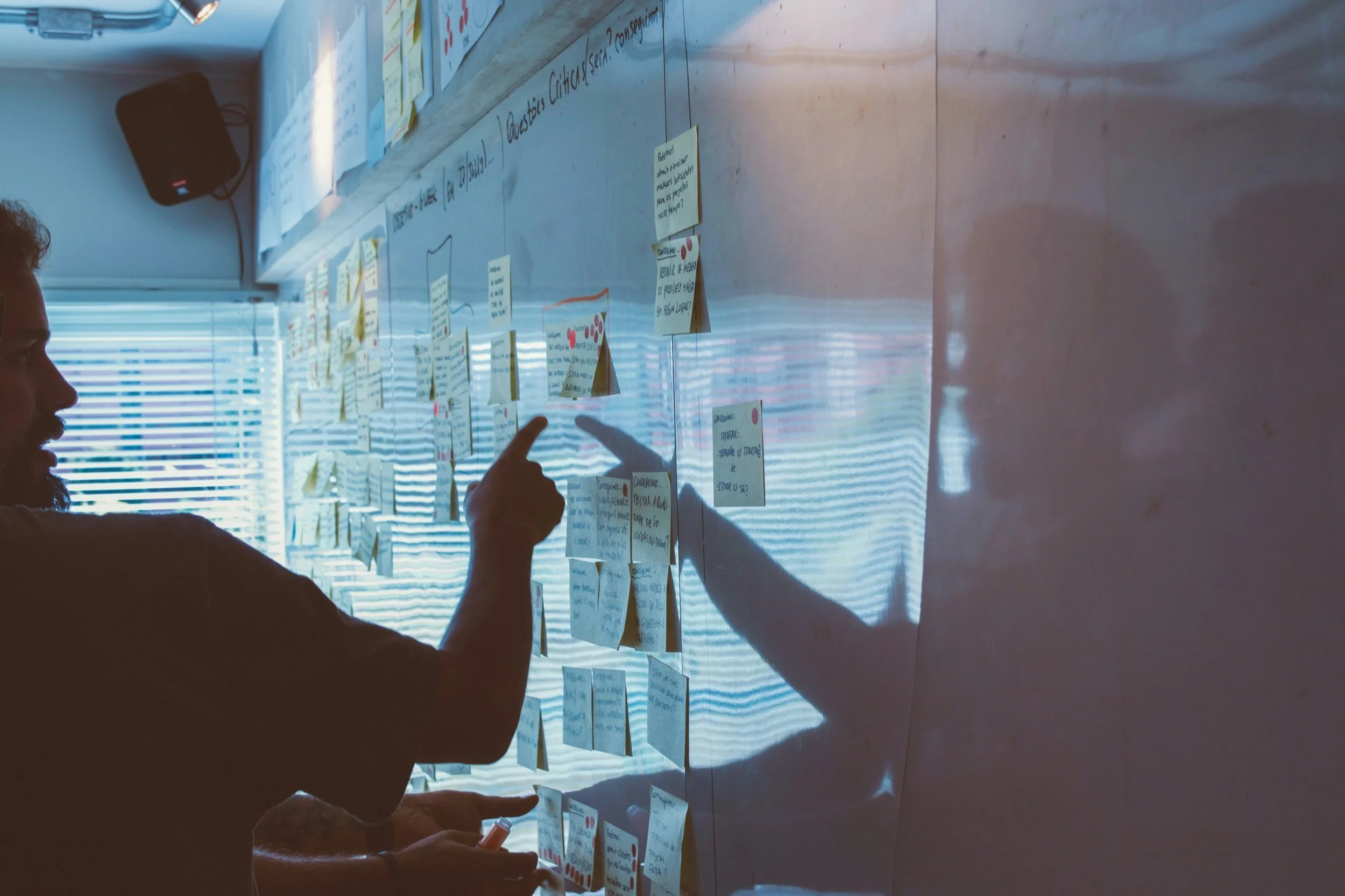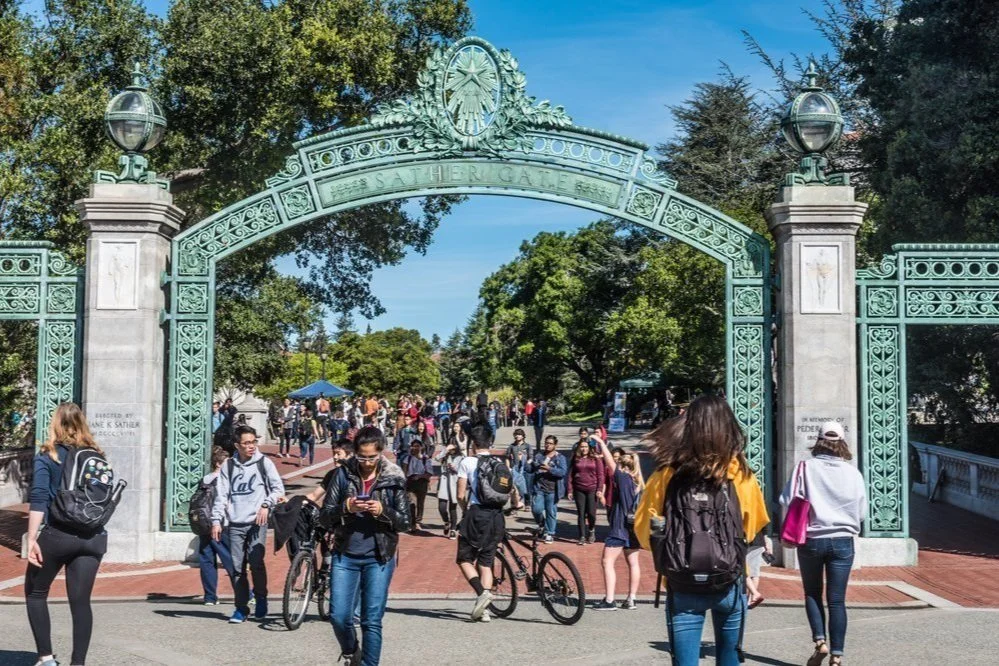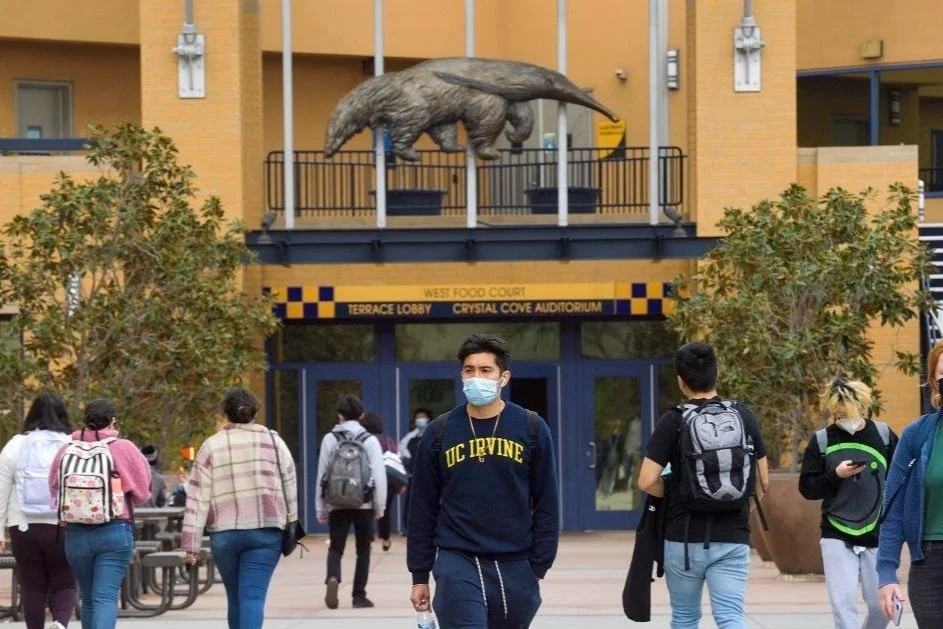
THE WORK
My Systems Approach
Interested in learning more about my experience with systems practice? The following case studies highlight the approach and outcomes of a few recent and favorite projects:
STRATEGIC INSIGHTS FROM SYSTEMIC ANALYSIS
Visualizing the global food system network
The Global Food Systems Network Map reveals the intricate relationships between stakeholders working to transform food systems globally. This interactive tool showcases diverse actors' initiatives, partnerships, and areas of focus, providing decision-makers with insights to drive collaboration, amplify systemic change, and support actions to drive resilient, sustainable food systems.
CONVENING DESIGN AND FACILITATION
A Week of Visualizing at Bellagio: Exploring food quality and human health through visual frameworks
The Periodic Table of Food (PTFI) convened an interdisciplinary group, including scientists, advocates, indigenous representatives, and farmers, to define food quality's connection to planetary and human health. Through creative facilitation and design thinking, participants co-created visual frameworks that highlight the importance of food quality and its link to planetary and human health.
STRATEGIC INSIGHTS FROM SYSTEMIC ANALYSIS
Mapping initiatives driving urban food system transformations
The Laudes Foundation embarked on a journey to expand its portfolio and explore opportunities to drive positive impact in the context of food systems. As part of their learning process, Laudes was interested in conducting a landscape assessment of initiatives working at the intersection of food systems and cities. Alongside the Meridian Institute team, this research engagement explored how cities are tackling food system challenges in the face of increasing urbanization, climate change, and growing population demands.
STRATEGIC INSIGHTS FROM SYSTEMIC ANALYSIS
Mapping the landscape and identifying opportunities for engagement
In support of the Accelerator for Systemic Risk Assessment (ASRA), we mapped key actors—insurers, institutional investors, and government bodies—engaged in systemic risk management. This analysis revealed strategic entry points and sectoral trends, providing ASRA with insights to mainstream systemic risk assessment and embed resilience frameworks into institutional decision-making.
REGIONAL ECOSYSTEM DESIGN PROCESS
Facilitating Ecosystem Design: Driving food systems transformation across regions in Africa
Today, regions across the globe are experiencing some of the highest rates of food scarcity and environmental challenges ever. In Africa specifically, as a result of the Covid-19 Pandemic, communities are undergoing faster rates of population growth while facing acute hunger and food insecurity. Oxfam International and SecondMuse partnered to launch Urban Food Hives to enable visionaries to build sustainable, environmentally-friendly, food futures that meet the needs of all people within their communities.
FOOD SYSTEM CURRICULUM DESIGN
Educating for a sustainable, plant-based food future
The Plant Futures Initiative offers innovative programming designed to bridge the gap between theoretical and applied knowledge to propel students towards leadership roles in plant-centric food systems. Given the traditional experience of a student’s academic career within a university or college system, once they enter into their major (typically in year two or three), they have limited ability to join courses with a multi-disciplinary focus or explore interests outside their major. To challenge this norm, the Plant Futures Challenge Lab has worked to build a curriculum that convenes multidisciplinary students to discuss and explore topics around the future of plant food systems from the lens of their diverse academic pursuits.
CONVENING DESIGN AND FACILITATION
A Week of Changemaking at Bellagio: Food System Visionaries collaborate for a better future
This week-long gathering, originally intended as a finale to a 15-week project accelerator program saw a joyous and vibrant joining of estranged forces and faces. It was also a week of deep community building, cultural exchange, peer-to-peer knowledge sharing, and collaboration with invested contributors who volunteered to be a part of these efforts now and into the future. Knowing that this was the only opportunity to gather these action driven, food system leaders, and quite busy individuals in the same place at the same time, we worked to sequence and design our time together as eloquently and thoughtfully as possible.
UNIVERSITY ECOSYSTEM TOOL DEVELOPMENT
Navigating the University Ecosystem: Match-making for students experiencing basic needs insecurity
Rates of student-experienced food-insecurity and homelessness in the University of California, Irvine skyrocketed with the onslaught of the Covid-19 Pandemic. With over 15 basic needs programs, students were overwhelmed when choosing relevant and beneficial resources that matched their unique situations. To better the FRESH Hub’s allocation of capacity and resources, a tool was developed to increase the efficiency in directing relevant programming towards needs-insecure students.
IMPACT STRATEGY DEVELOPMENT
Defining Impact: A university Basic Needs Center engages its community to strategize the next steps
The Aggie Compass Basic Needs Center addresses issues surrounding housing, food, finances and mental health at UC Davis. Accustomed to responding to the immediate and urgent needs of students, the Center needed support in developing an impact strategy to define long-term priorities, goals, and key metrics for tracking their efforts. The opportunity arose to identify gaps in their work and to define high-impact, actionable projects and strategies for the future.
GLOBAL PROGRAM DESIGN AND DELIVERY
Game Changers activate to reimagine our global food systems
The Food Systems Game Changers Lab was formed alongside the United Nations Food Systems Summit in response to a call for the democratization of food systems transformation. The Food System Game Changers Lab catalyzed real change by organizing people, their ideas, and relevant resources from around the globe. By creating fertile grounds for a diverse range of local actors to join together and form solutions for their communities’ fragile food systems, the power of collective action was utilized to drive potent and lasting change from the ground up.

